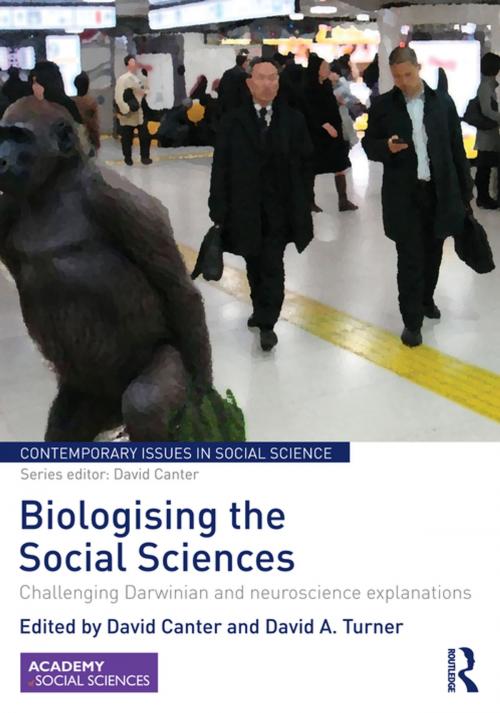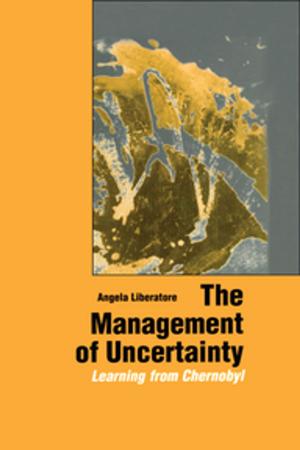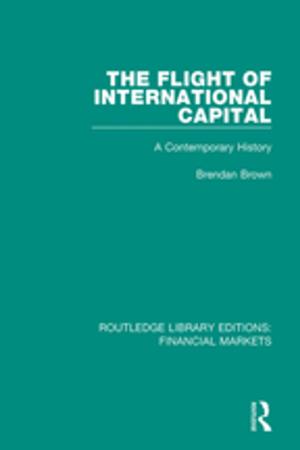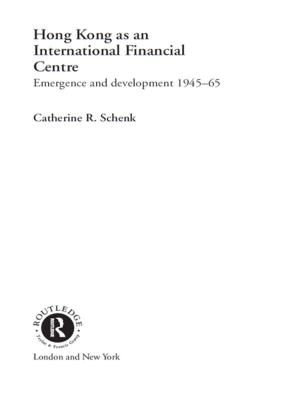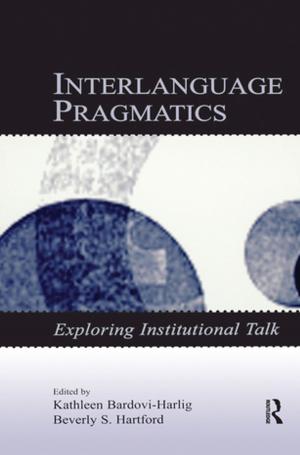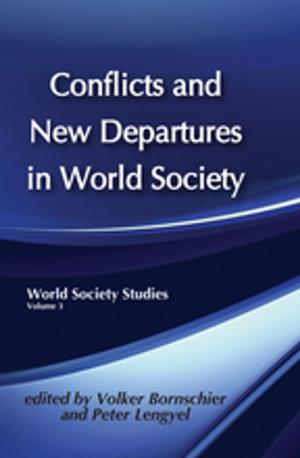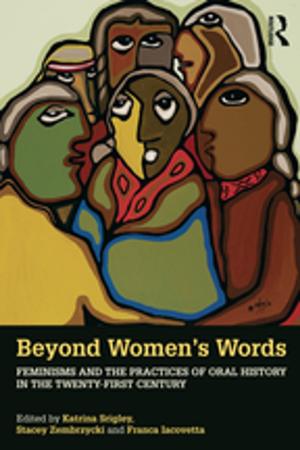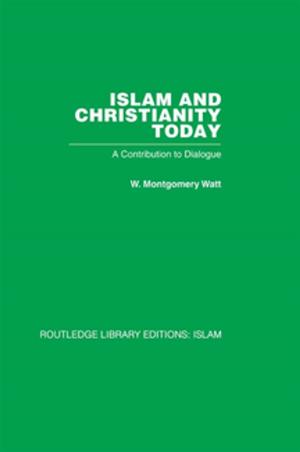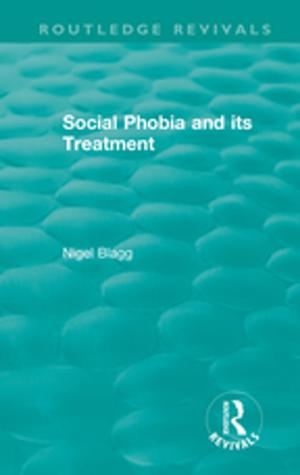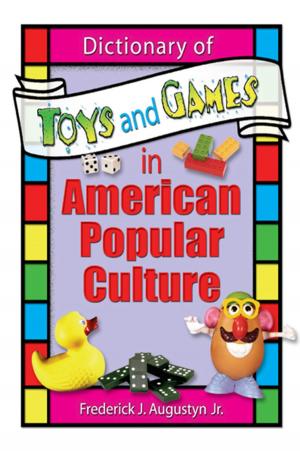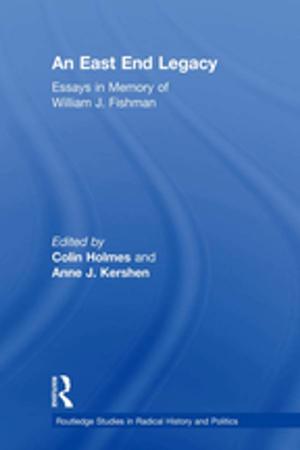Biologising the Social Sciences
Challenging Darwinian and Neuroscience Explanations
Nonfiction, Health & Well Being, Psychology, Research, Social & Cultural Studies, Social Science| Author: | ISBN: | 9781317412205 | |
| Publisher: | Taylor and Francis | Publication: | February 20, 2015 |
| Imprint: | Routledge | Language: | English |
| Author: | |
| ISBN: | 9781317412205 |
| Publisher: | Taylor and Francis |
| Publication: | February 20, 2015 |
| Imprint: | Routledge |
| Language: | English |
You can hardly open a paper or read an academic journal without some attempt to explain an aspect of human behaviour or experience by reference to neuroscience, biological or evolutionary processes. This ‘biologising’ has had rather a free ride until now, being generally accepted by the public at large. However, there is a growing number of scholars who are challenging the assumption that we are little more than our bodies and animal origins. This volume brings together a review of these emerging critiques expressed by an international range of senior academics from across the social sciences. Their arguments are firmly based in the empirical, scientific tradition. They show the lack of logic or evidence for many ‘biologising’ claims, as well as the damaging effects these biological assumptions can have on issues such as dealing with dyslexia or treating alcoholism. This important book, originally published as a special issue of Contemporary Social Science, contributes to a crucial debate on what it means to be human.
"This collection of articles by David Canter and his colleagues, rigorously argued and richly informative […] are of immense importance. It is astonishing that, as Canter puts it in his brilliant overview of biologising trends […] there are those in the humanities who need to be reminded "that human beings can talk and interact with each other, generating cultures and societies that have an existence that cannot be reduced to their mere mechanical parts".
Professor Raymond Tallis FRCP FMedSci DLitt LittD in the Preface.
You can hardly open a paper or read an academic journal without some attempt to explain an aspect of human behaviour or experience by reference to neuroscience, biological or evolutionary processes. This ‘biologising’ has had rather a free ride until now, being generally accepted by the public at large. However, there is a growing number of scholars who are challenging the assumption that we are little more than our bodies and animal origins. This volume brings together a review of these emerging critiques expressed by an international range of senior academics from across the social sciences. Their arguments are firmly based in the empirical, scientific tradition. They show the lack of logic or evidence for many ‘biologising’ claims, as well as the damaging effects these biological assumptions can have on issues such as dealing with dyslexia or treating alcoholism. This important book, originally published as a special issue of Contemporary Social Science, contributes to a crucial debate on what it means to be human.
"This collection of articles by David Canter and his colleagues, rigorously argued and richly informative […] are of immense importance. It is astonishing that, as Canter puts it in his brilliant overview of biologising trends […] there are those in the humanities who need to be reminded "that human beings can talk and interact with each other, generating cultures and societies that have an existence that cannot be reduced to their mere mechanical parts".
Professor Raymond Tallis FRCP FMedSci DLitt LittD in the Preface.
